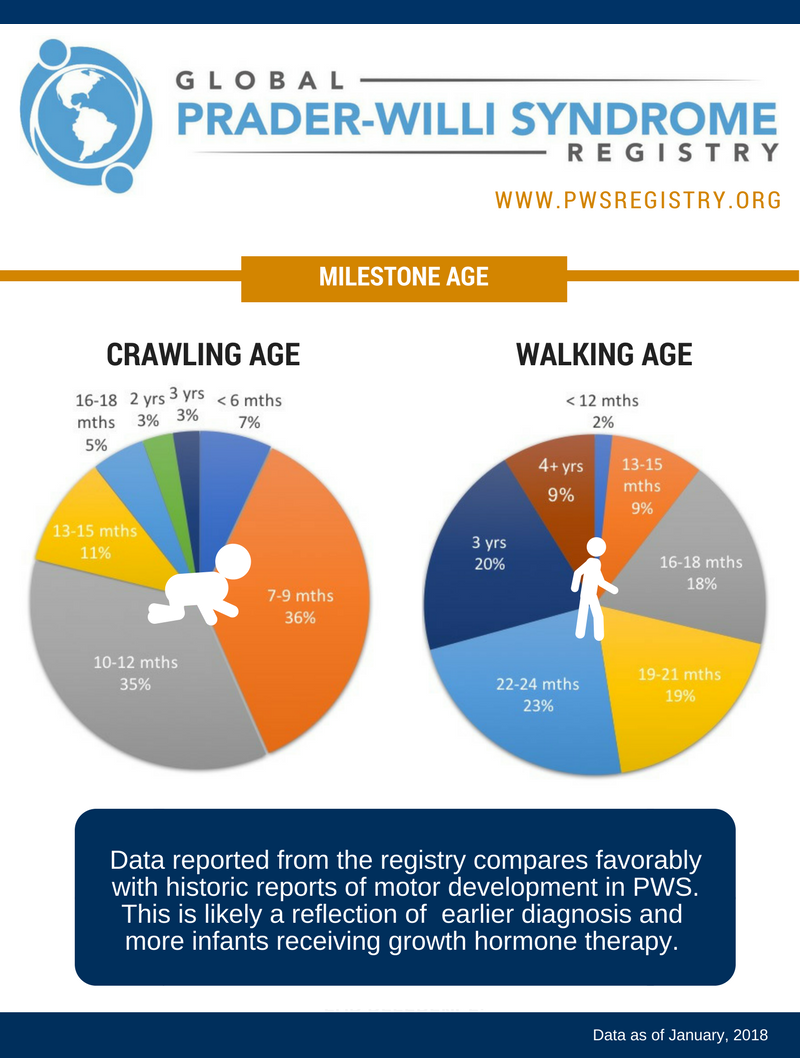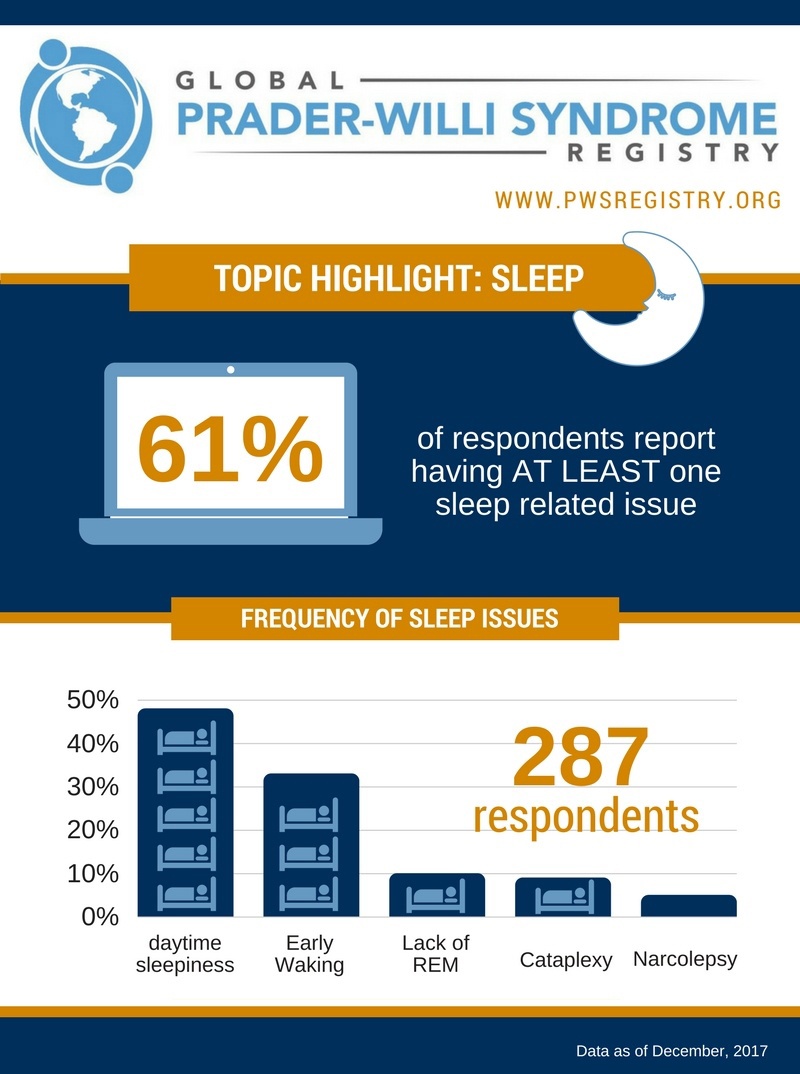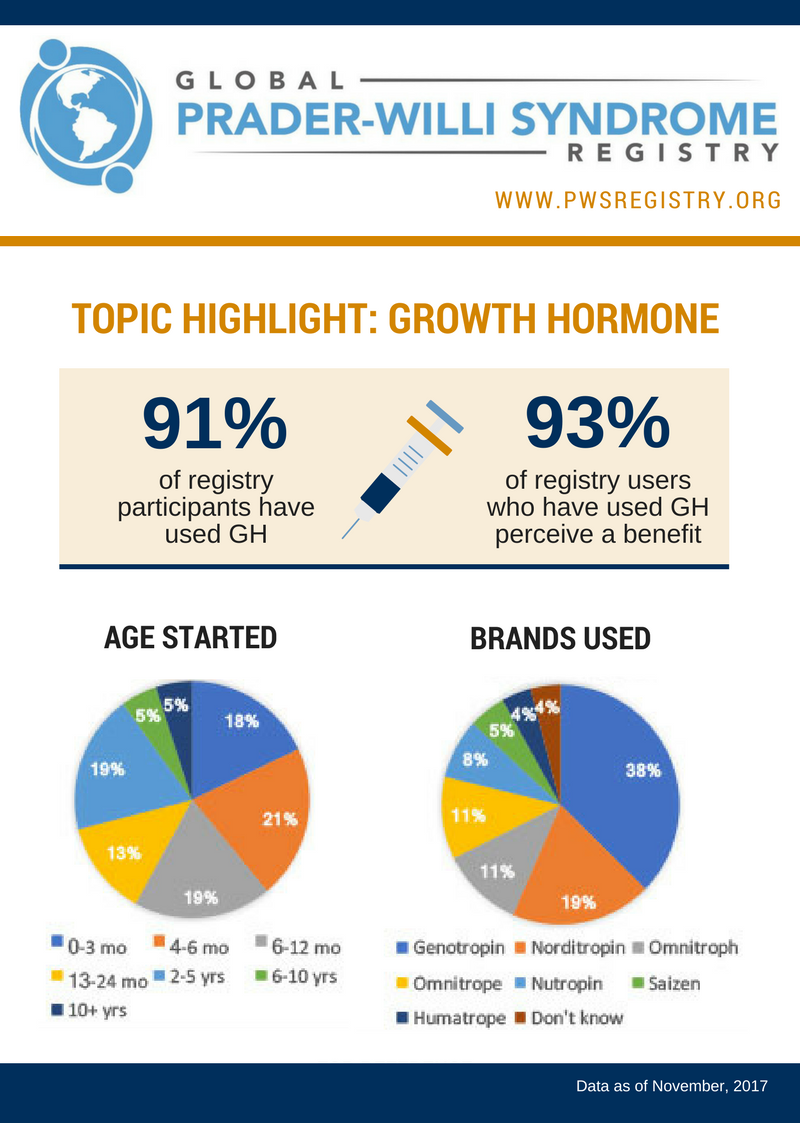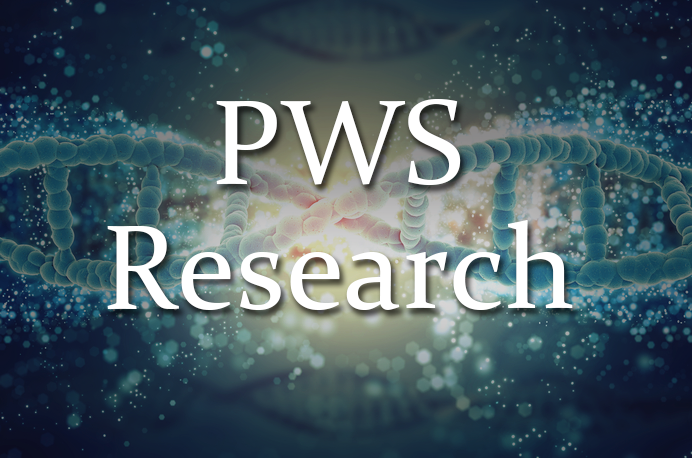Topics: Research
Jessica Bohonowych

Jessica Bohonowych is a graduate of Duke University, and holds a PhD in Pharmacology and Toxicology at the University of California, Davis. Incorporating her research background, knowledge of pharmacology and drug development, and teaching experience, Jessica works with Theresa Strong in managing FPWR’s grant portfolio, communicating research results and breakthroughs to our community, aiding in special projects such as the Clinical Trials Initiative and Molecular Resource Center, and is heading the development of the Global PWS Registry.
Recent Posts
Researchers throughout the world are hard at work trying to identify the biological mechanism(s) that drive hyperphagia (excessive eating) in PWS. One of these scientists is Dr. Alexander Nectow at Princeton Univeristy. Dr. Nectow's group studies a r...
Since the launch of the Global PWS Registry in 2015, nearly 1,400 participants have enrolled. This month, the registry is highlighting results from the developmental milestones survey. This survey is aimed at understanding the age individuals with PW...
Topics: Research
There are numerous efforts in the healthcare community to increase health care accessibility, education, and support. One of these approaches is “telehealth”, the use of telecommunications methods such as computers and phones to deliver health relate...
Topics: Research
Sleep is a common challenge among people with PWS. Whether it is daytime sleepiness, getting up at all hours of the night, early waking, or another sleep related issue, sleep challenges not only affect the individual with PWS but the entire family. T...
Topics: Research
Of the genes on chromosome 15 that are missing or inactivated in PWS, the SNORD116 gene cluster is known to be critical. But it's still unclear how disruption of SNORD116 contributes to the symptoms of PWS. In a new study funded by FPWR, Dr. Deborah ...
Topics: Research
Although the "PWS region" on chromosome 15 is well defined, it's still unclear how loss of this set of genes leads to the symptoms of Prader-Willi syndrome. Typically, there are several genes in the PWS region that are lost or inactivated in people w...
Topics: Research
The Global PWS Registry, launched in May of 2015, now has more than 1,000 registered participants diagnosed with PWS, Schaaf-Yang syndrome and USP-7 mutations. This blog shares some highlights of the data collected via the registry to date. Global PW...
Topics: Research
Issues with bone development and structure are very common in individuals with Prader-Willi syndrome (PWS). While most people in the PWS community are familiar with issues spinal issues, in particular scoliosis, people with PWS are also at higher ris...
Topics: Research
As with many neurodevelopmental disorders, individuals with PWS often struggle with developmental delays and impaired cognition. Within the Global PWS Registry, 75% of participants who have had IQ testing scored with some level of intellectual disabi...
Topics: Research















